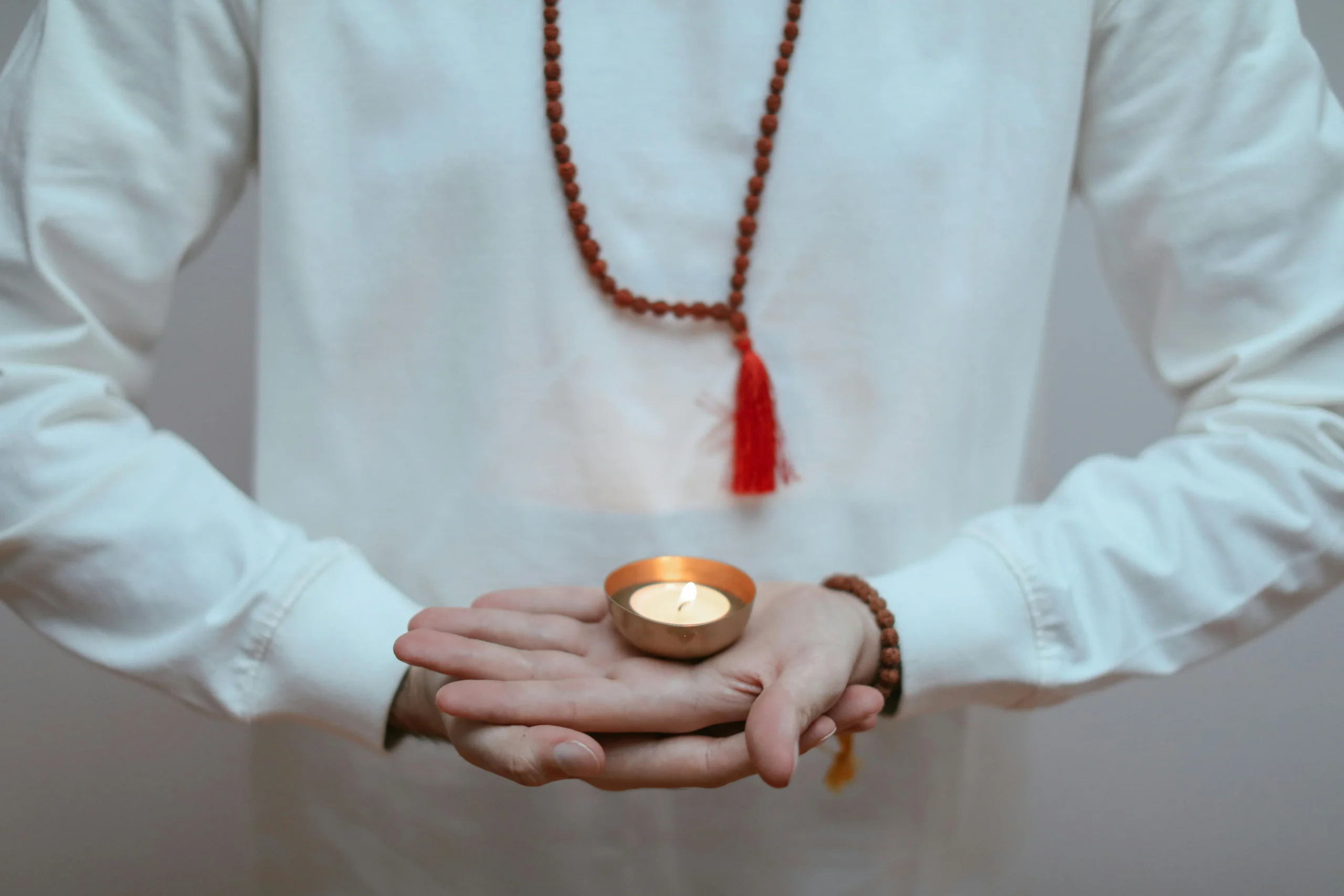How to Incorporate Meditation into Your Daily Routine
Are you feeling stressed, overwhelmed, or disconnected from yourself? Incorporating meditation into your daily routine can help you find inner peace, improve focus, reduce anxiety, and enhance overall well-being. In this comprehensive guide, we will explore the benefits of meditation, practical tips on how to start meditating, and how to seamlessly integrate this powerful practice into your daily life.
The Benefits of Meditation
Meditation has been practiced for centuries and is known for its numerous mental, emotional, and physical benefits. Some of the key benefits of meditation include:
- Read also: Improve Cardiovascular Health: Simple Exercises Guide
- Reduced stress and anxiety
- Improved focus and concentration
- Enhanced self-awareness and emotional regulation
- Increased creativity and problem-solving abilities
- Boosted immune system and overall physical health
By incorporating meditation into your daily routine, you can experience these benefits and more, leading to a happier and more balanced life.
Read also: Stress Relief: Deep Breathing Exercises for Managing Stress
How to Start Meditating
Starting a meditation practice may seem daunting at first, but with some simple tips and guidance, you can begin your journey towards greater mindfulness and inner peace. Here are some steps to help you get started:
- Find a quiet and comfortable space to meditate
- Sit or lie down in a relaxed position
- Close your eyes and focus on your breath
- Start with short sessions (5-10 minutes) and gradually increase the duration
Experiment with different meditation techniques such as mindfulness meditation, loving-kindness meditation, or guided visualization to find what resonates with you the most. Remember, there is no right or wrong way to meditate – the key is to practice regularly and with an open heart.
Integrating Meditation into Your Daily Routine
Now that you have started meditating, it’s important to find ways to incorporate this practice into your daily life. Here are some practical tips on how to make meditation a seamless part of your routine:
- Schedule meditation sessions at the same time each day
- Use meditation apps or online resources to guide your practice
- Set reminders on your phone or calendar to meditate
- Combine meditation with other activities like yoga or exercise
By making meditation a priority and integrating it into your daily routine, you can reap the full benefits of this transformative practice and cultivate a deep sense of peace and presence in your life.
Final Thoughts
Incorporating meditation into your daily routine is a powerful way to nurture your mind, body, and spirit. By following these tips and committing to a regular practice, you can experience the profound benefits of meditation and cultivate a greater sense of peace, clarity, and well-being in your life. Remember, consistency is key – so make a commitment to yourself today and start reaping the rewards of a daily meditation practice.
FAQ
1. Can I meditate even if I’m a beginner?
Yes, absolutely! Meditation is for everyone, regardless of experience level. Start with short sessions and gradually increase the duration as you become more comfortable.
2. How long should I meditate each day?
It’s recommended to start with 5-10 minutes a day and then gradually increase the duration to 20-30 minutes for optimal benefits. Consistency is key, so find a duration that works for you.
3. When is the best time to meditate?
The best time to meditate is whenever you can commit to a daily practice. Many people find morning meditation beneficial to set a positive tone for the day, while others prefer evening meditation to unwind and relax.
4. Do I need any special equipment to meditate?
No, you don’t need any special equipment to meditate. All you need is a quiet space where you can sit comfortably. Some people find using a meditation cushion or mat helpful, but it’s not necessary.
5. How do I deal with distractions during meditation?
Distractions are normal during meditation. Instead of fighting them, acknowledge them, and gently guide your focus back to your breath or mantra. Over time, you’ll become better at staying present.
6. Can meditation help with stress and anxiety?
Yes, meditation has been shown to be effective in reducing stress and anxiety levels. By practicing daily, you can learn to manage your thoughts and emotions better, leading to a calmer mind.
7. What if I can’t sit still during meditation?
If sitting still is challenging for you, consider trying walking meditation or other mindful movement practices. The key is to find a method that works for you and allows you to focus your mind.
8. How long does it take to see the benefits of meditation?
While some people may experience immediate benefits like feeling more relaxed after a session, it may take a few weeks of consistent practice to notice significant changes in mood, focus, and overall well-being. Patience is key.
9. Can children and teens benefit from meditation?
Absolutely! Meditation can be beneficial for children and teens to improve focus, reduce anxiety, and enhance emotional regulation. There are specific meditation techniques designed for younger age groups to make it more engaging and accessible.
10. How can I stay motivated to meditate daily?
Setting specific goals, creating a routine, and tracking your progress can help you stay motivated to meditate daily. Remember that even a few minutes of meditation each day can make a difference in your overall well-being.
What is a professional’s opinion?
Dr. Jon Kabat-Zinn, a renowned mindfulness expert, emphasizes the importance of incorporating meditation into our daily lives for improved mental and physical health. As a professional, I highly recommend establishing a daily meditation practice to experience the numerous benefits it offers.

